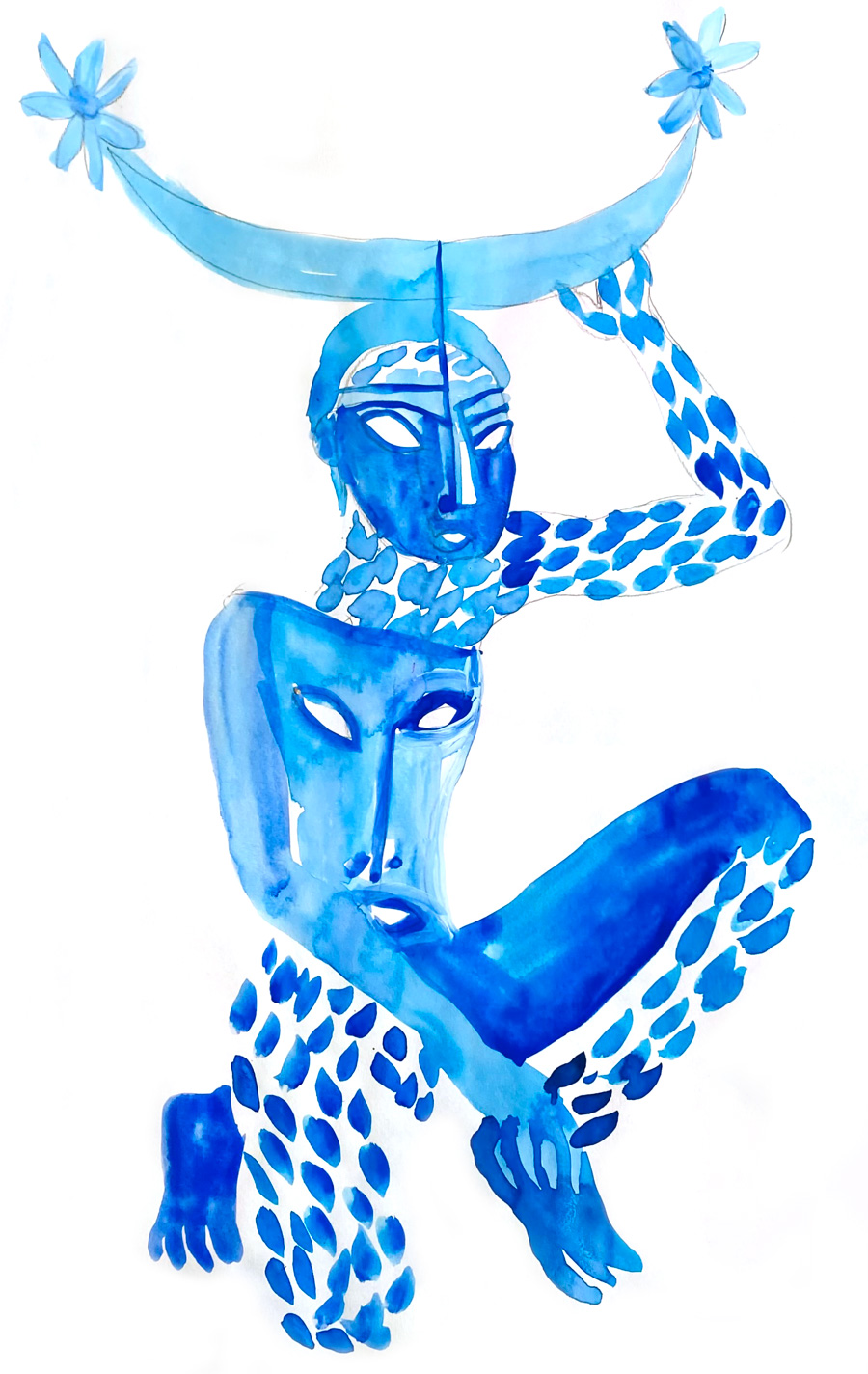Hecho en México
Children of intuition
Brothers of the spontaneous light
Lovers of magical intoxication
Romantic rebels
Knights of infinite spirals
Water
Spirit
Earth
We gather in us all senses
Running from stereotypes
Breaking prejudices
Bulls in our hearts
We are brothers, children and parents
Family
Blood of our blood
Poison and elixir
Shadow and light
We are naked and raw
Free!
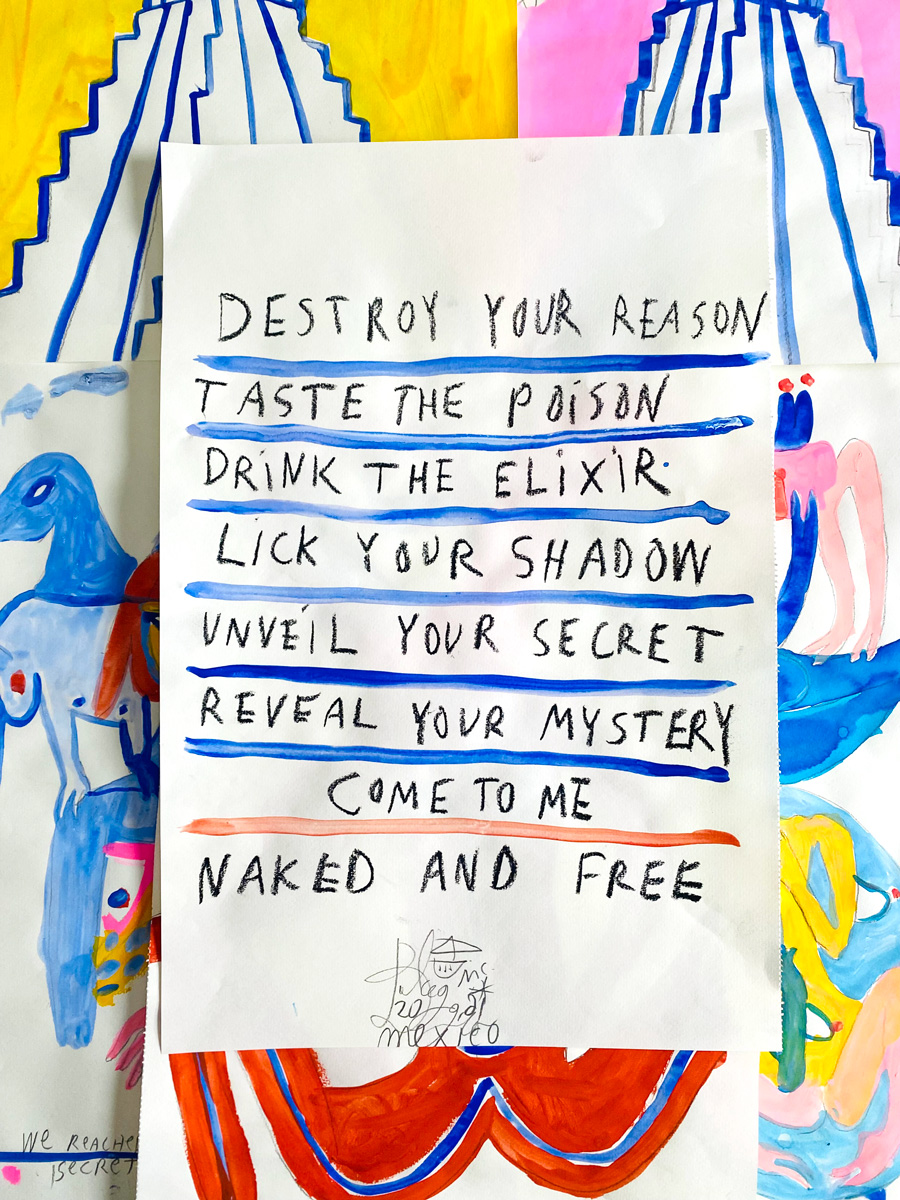
We are Mexican food, cocktails made with tequila and mezcal, we are minotaur and serpent, humans and divinities of the wind, the air and learning. We are masks and talismans, worshipers of the sun and the moon, of the sea and the earth, of origins and destinations, of traditions and contradictions. We are agave and chili, tacos and quesadillas, music and art.
We are a Mexican gastrobar, with no need for labels. We are guided by the curves of the Quetzalcoatl that winds across the ceiling, flying over our heads as we stroll around the space. Attracted by the masks hanging on the stone walls, peeled, naked, raw. Intrigued by the “free mythology” put on canvas by the artist of this-world-and-the-other, Carlito Dalceggio. We are deconstructed. Imperfect. We are free. Alive. Spicy. Salty. But also sweet.
It is a collective story that is told here. A great art installation, unique and organic, where food, drinks, music and arts merge as one. Where the antojitos, tacos, quesadillas, los principales and los dulces from the menu are “written” on hand-painted stoneware without rules or straight lines.
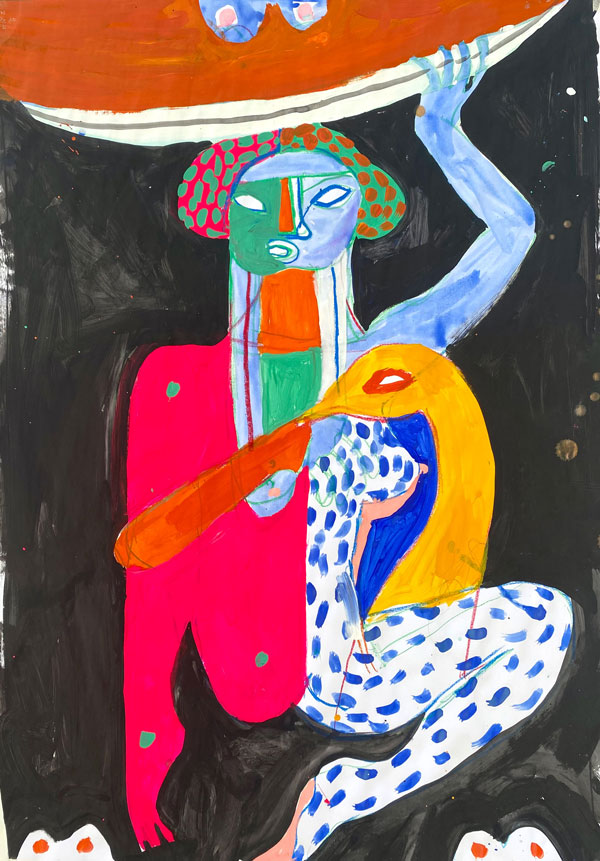
CARNAL opened on November 20, 2021, on Rua da Misericórdia, 78, where the bar Double 9 used to be, inside 9Hotel Mercy.
Ljubomir Stanisic, Nelson Santos, Nuno Faria, Miguel Ângelo Fernandes and Manuel Maldonado are the partners of this gastrobar with the signature of 100 Maneiras.
Carlito
Dalceggio
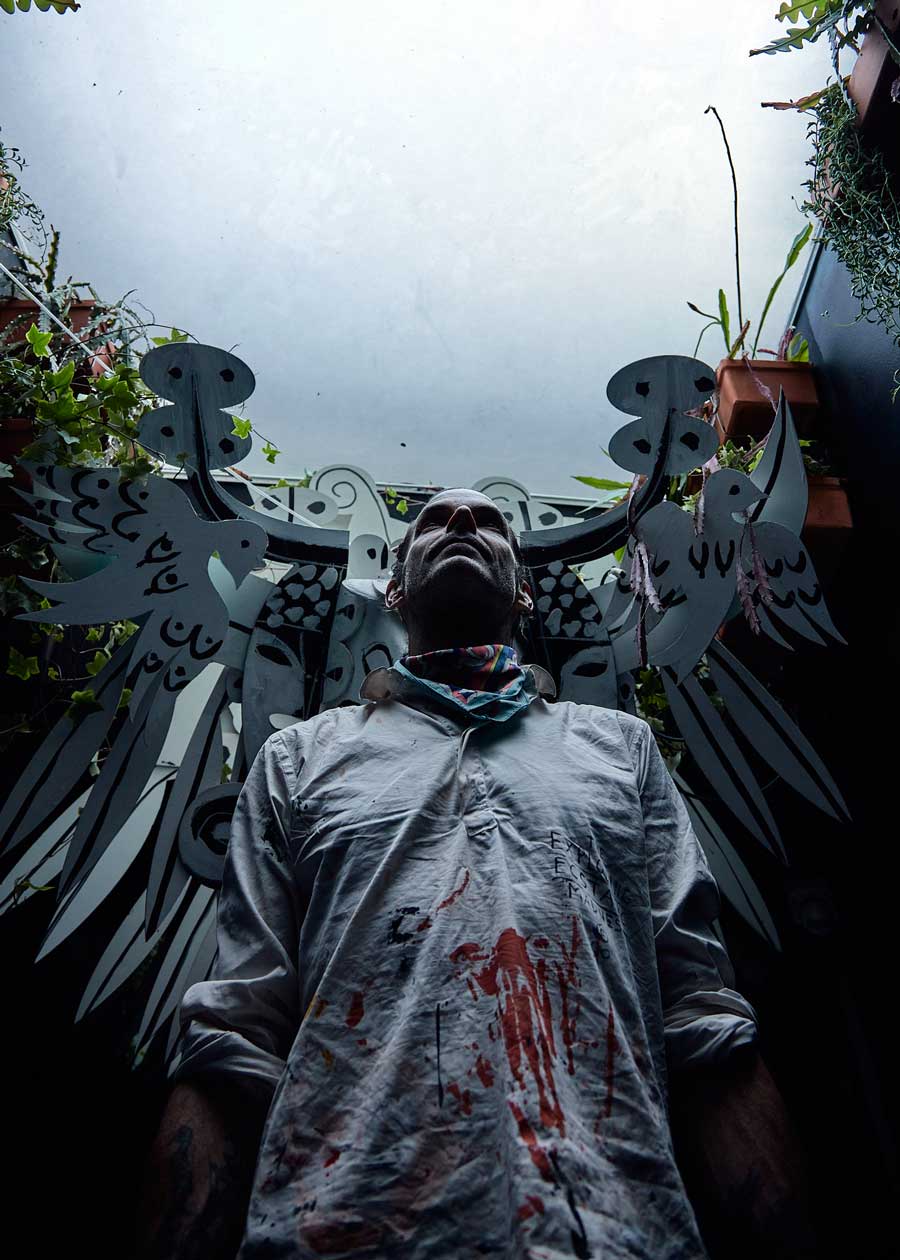
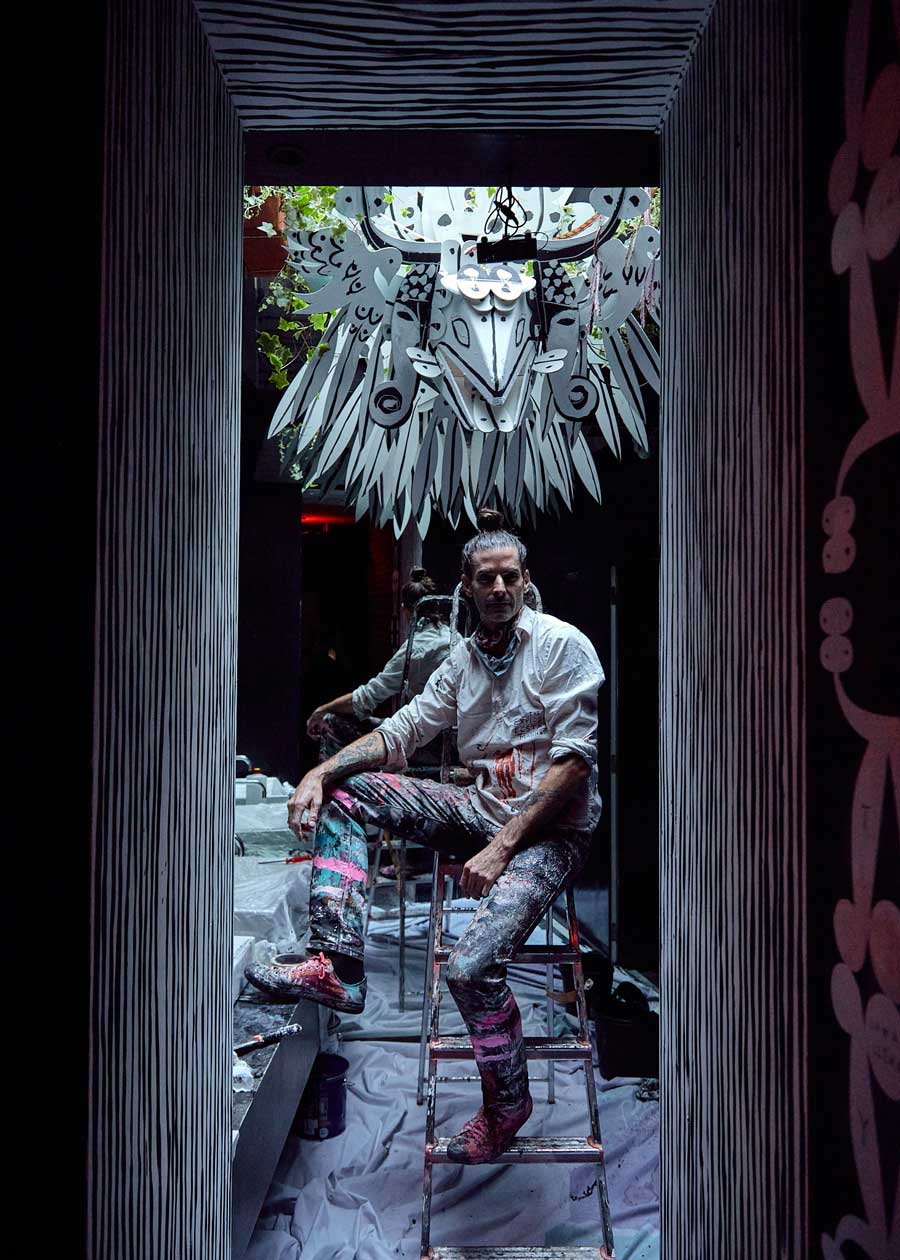
In his curriculum, he has collaborations with Cirque du Soleil, interventions such as the Caravan of Light, at Burning Man (USA), installations in Plaza Santo Domingo, in Mexico City, murals in Russia and Rio de Janeiro, and the co-creation of a mega labyrinth multimedia exhibition in Istanbul. In 2017, he was invited by the Mana Contemporary Art Centre, in New York, to open a studio that he converted into an art lab. One year later, he painted the sails of the Infinity boat, which traveled to the Arctic to warn about climate change, and made several performances in Miami and Tulum.
In 2019, he created “Mythologia Libre,” an installation in New York that is a manifesto for the liberation of the spirit. CARNAL was his first intervention in a restaurant and in Portugal.
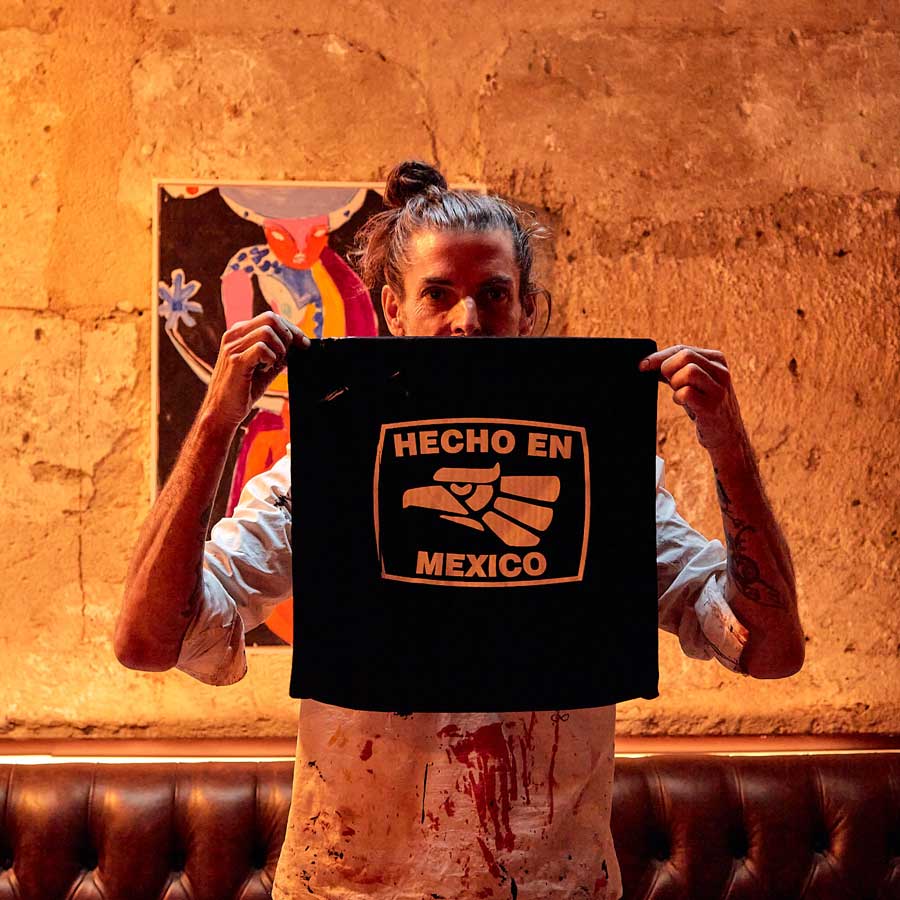
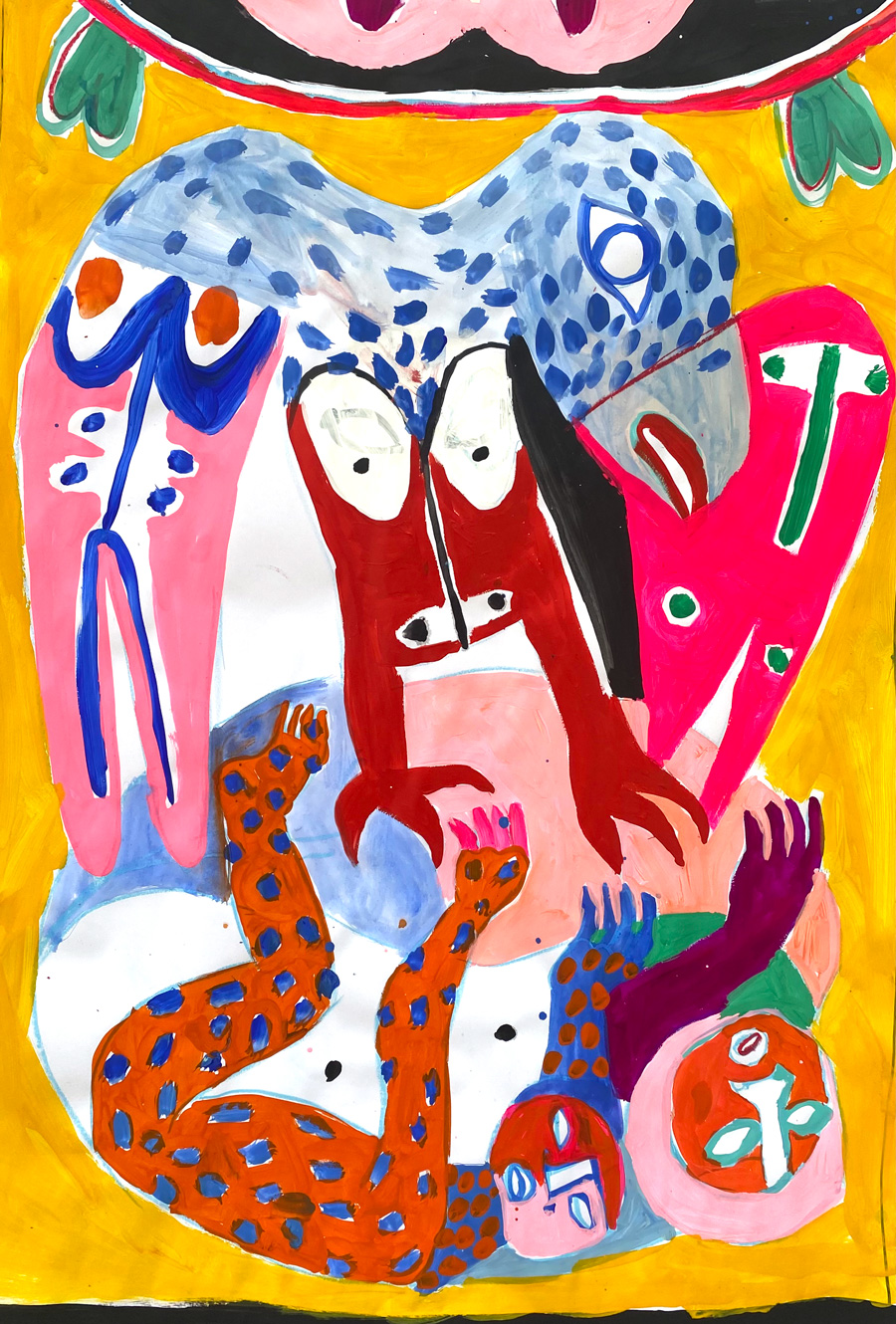
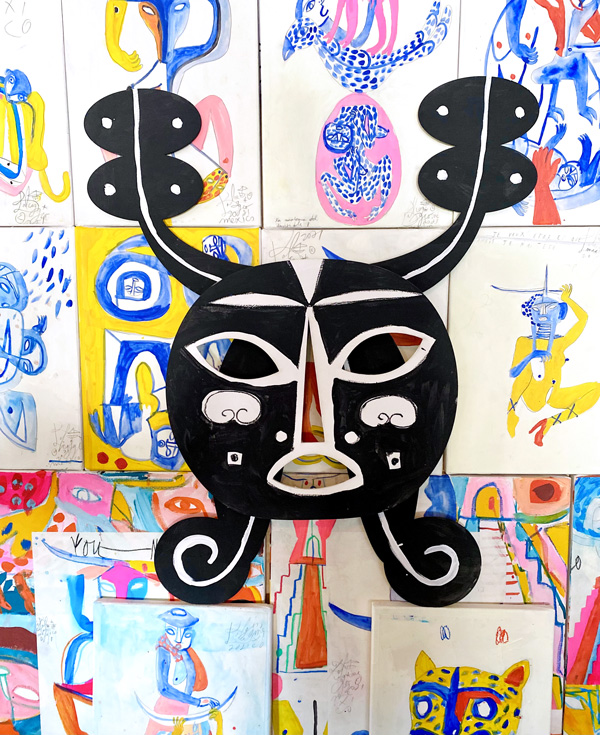
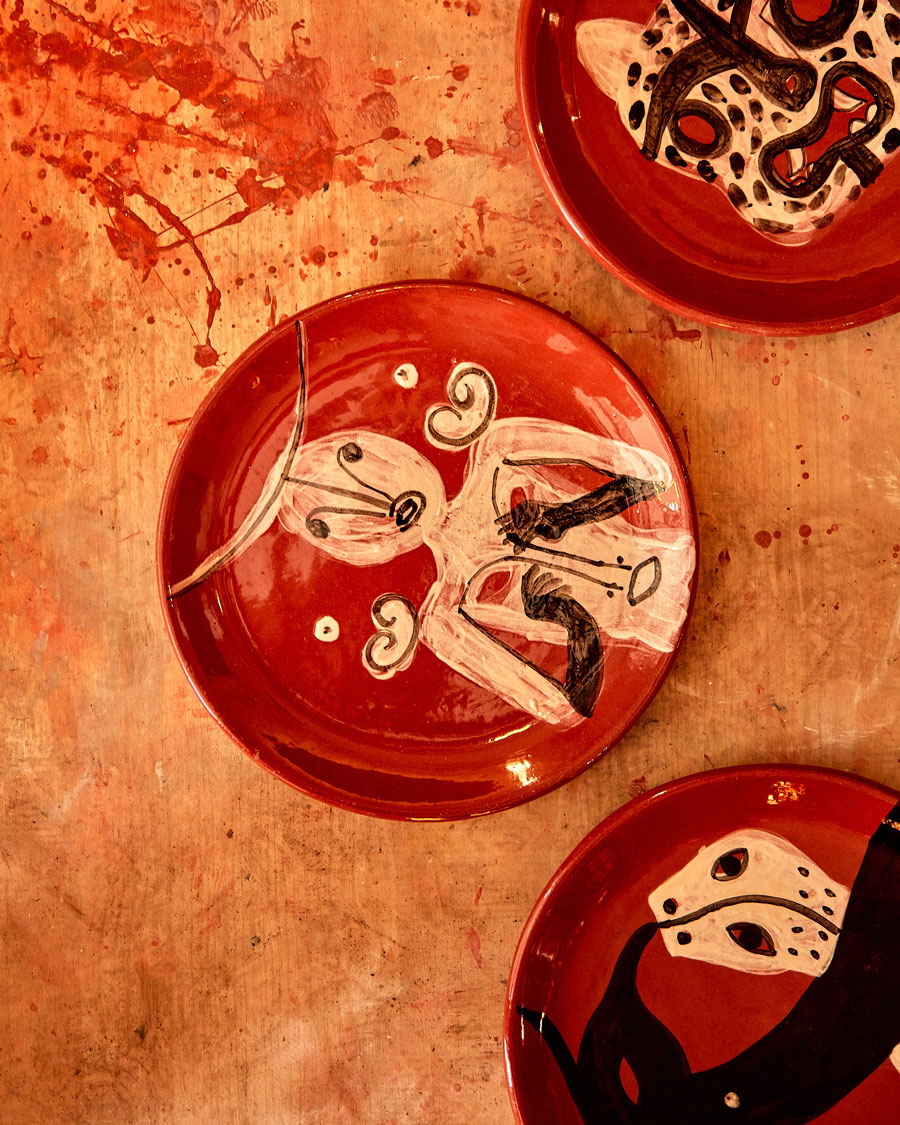
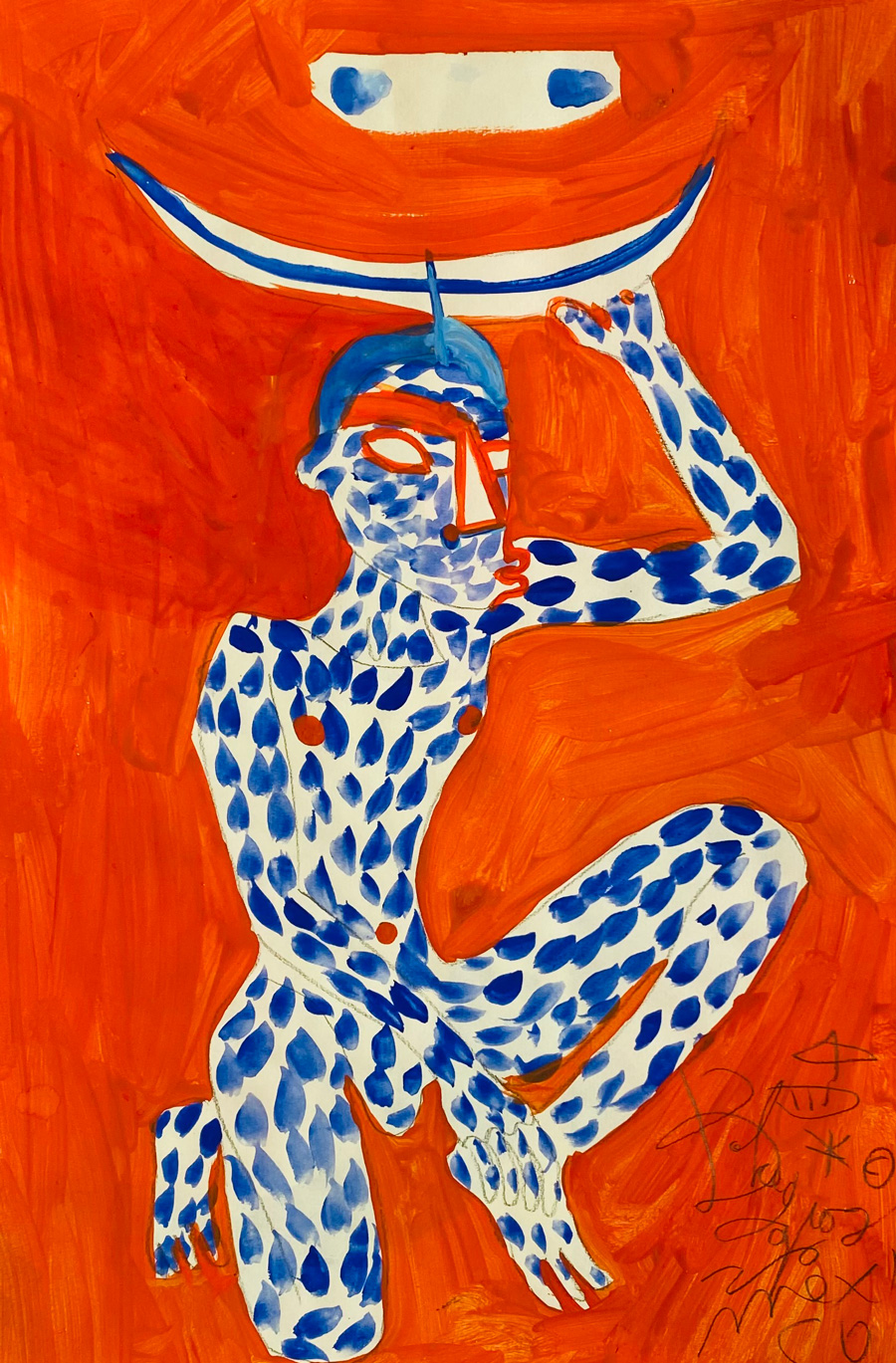
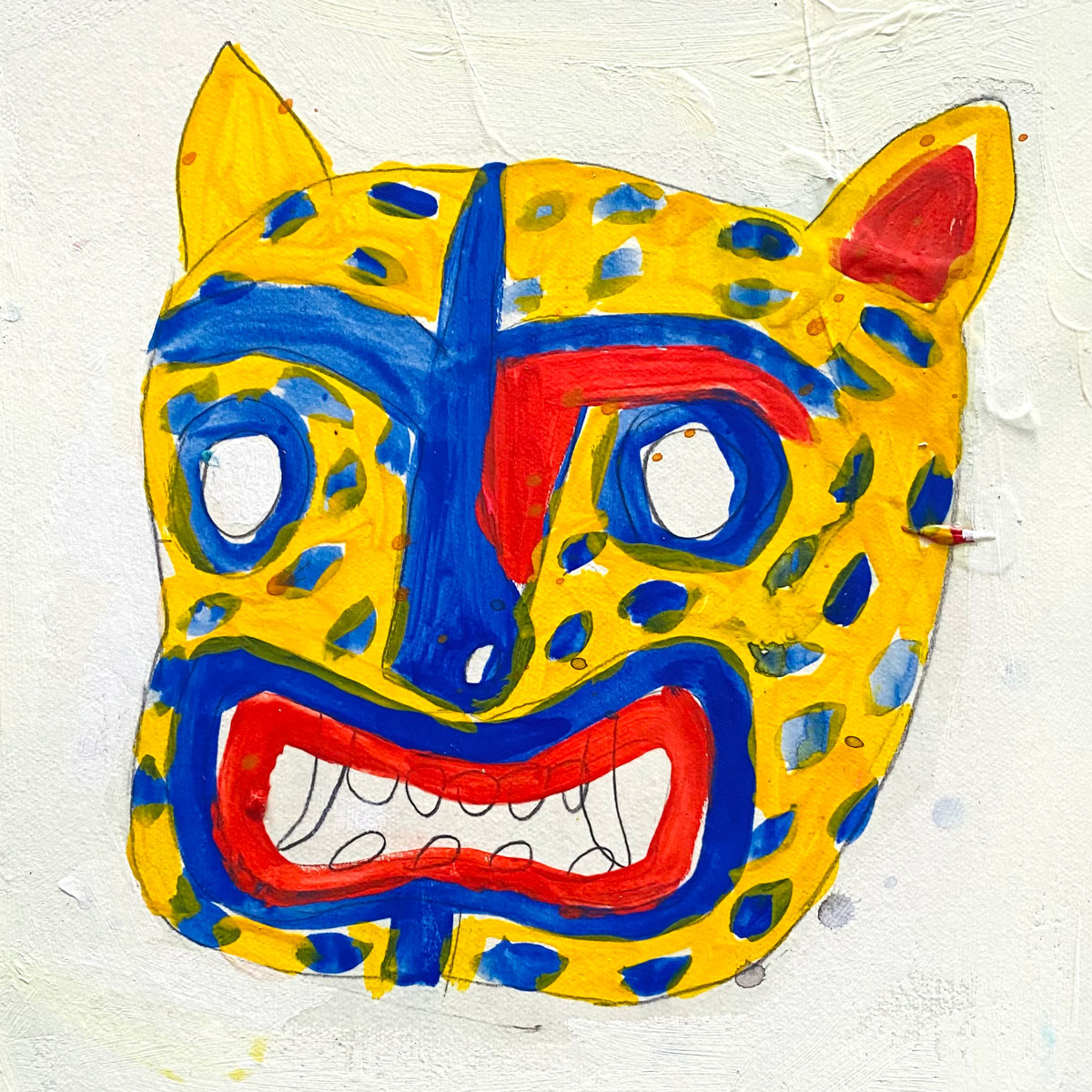
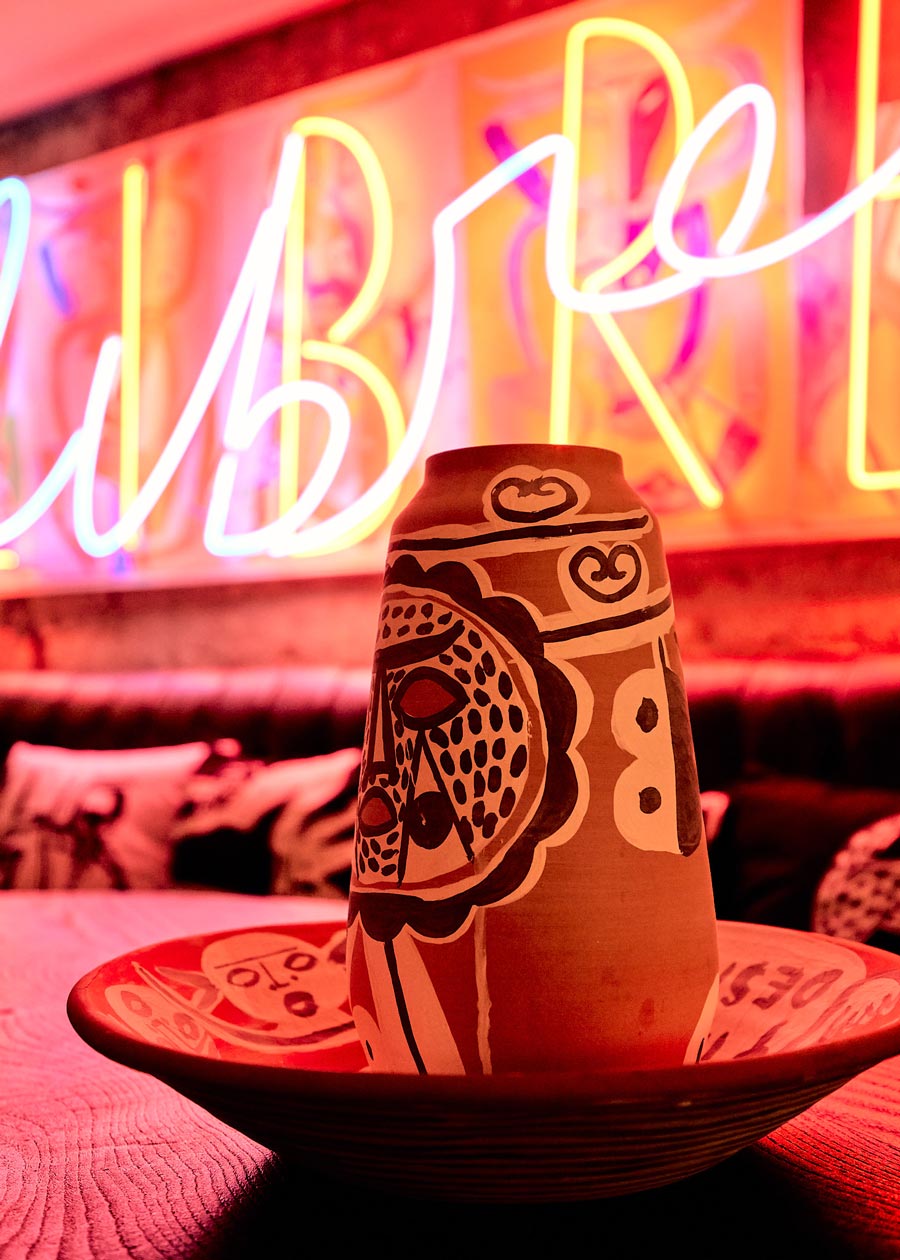
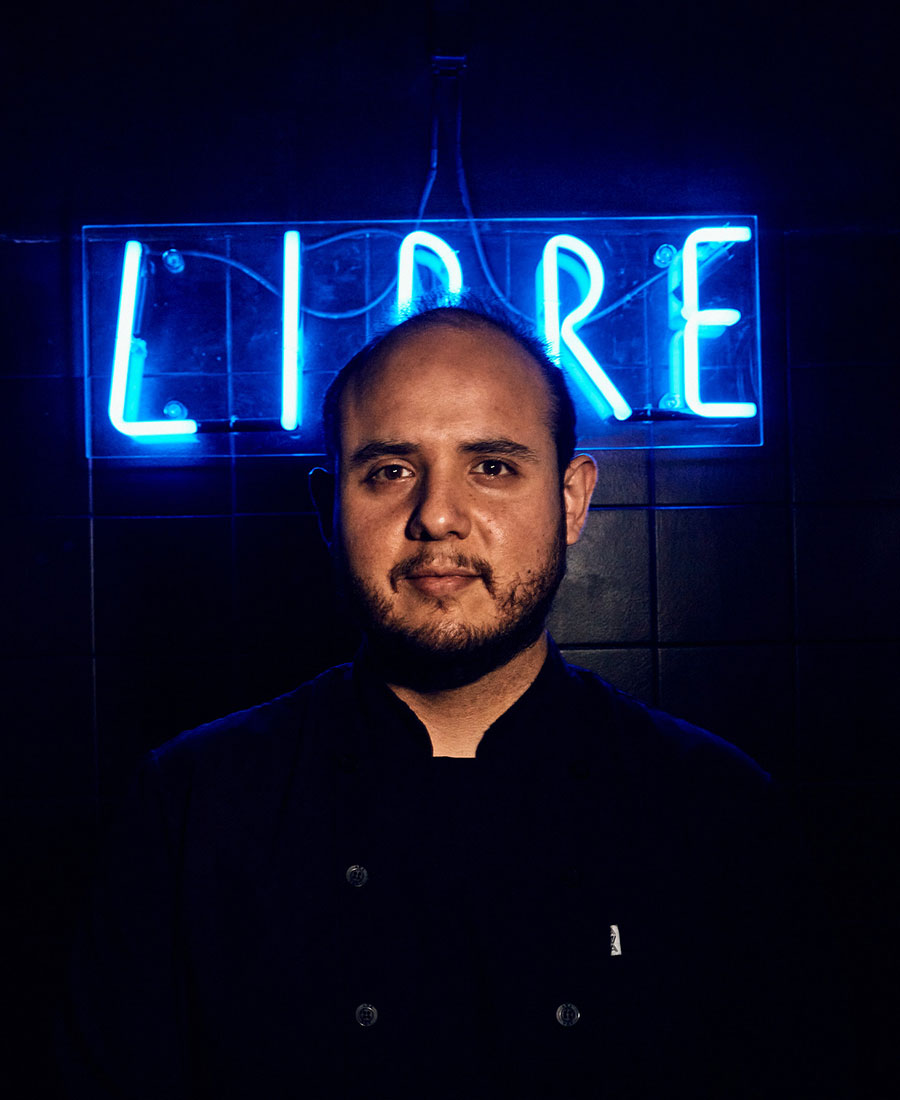
Luis
Ortiz
